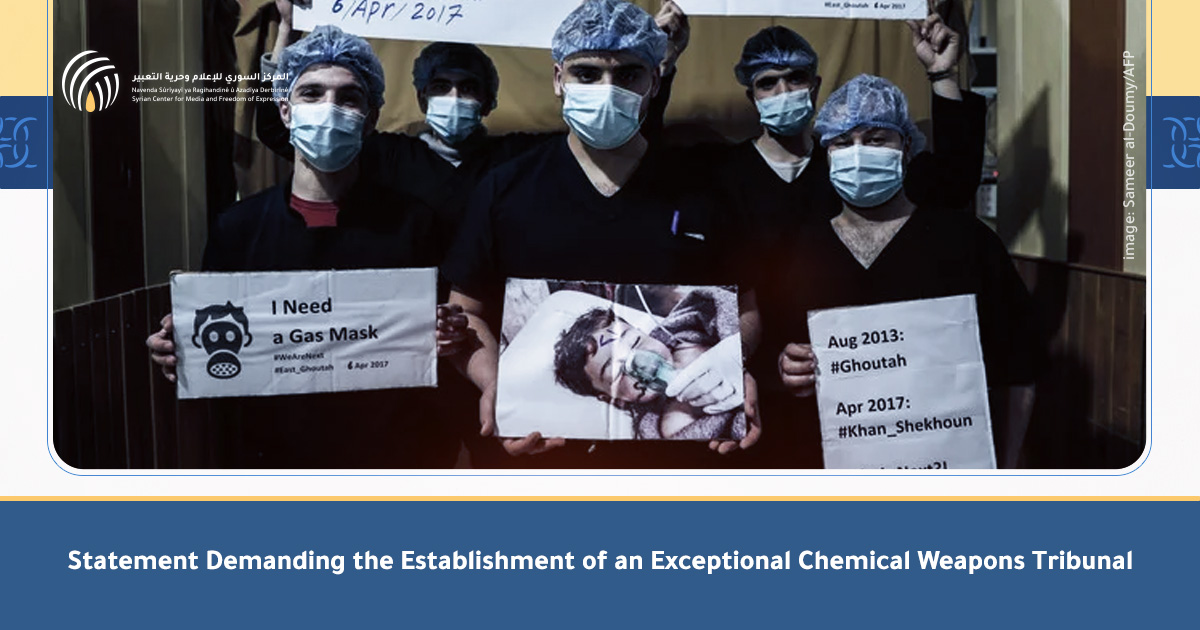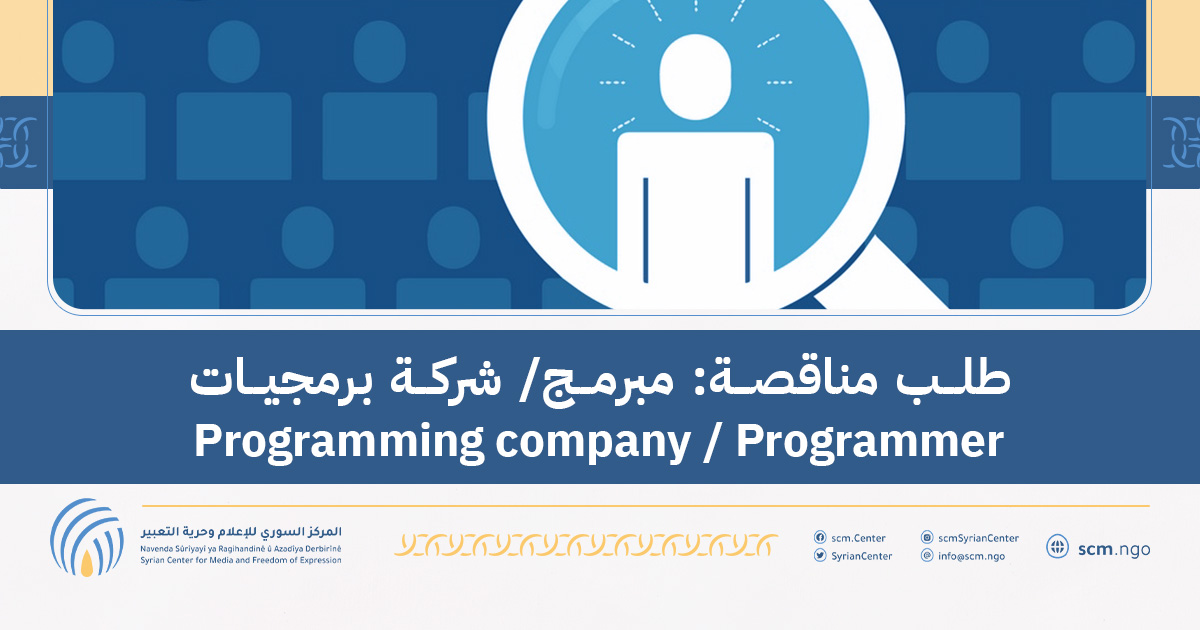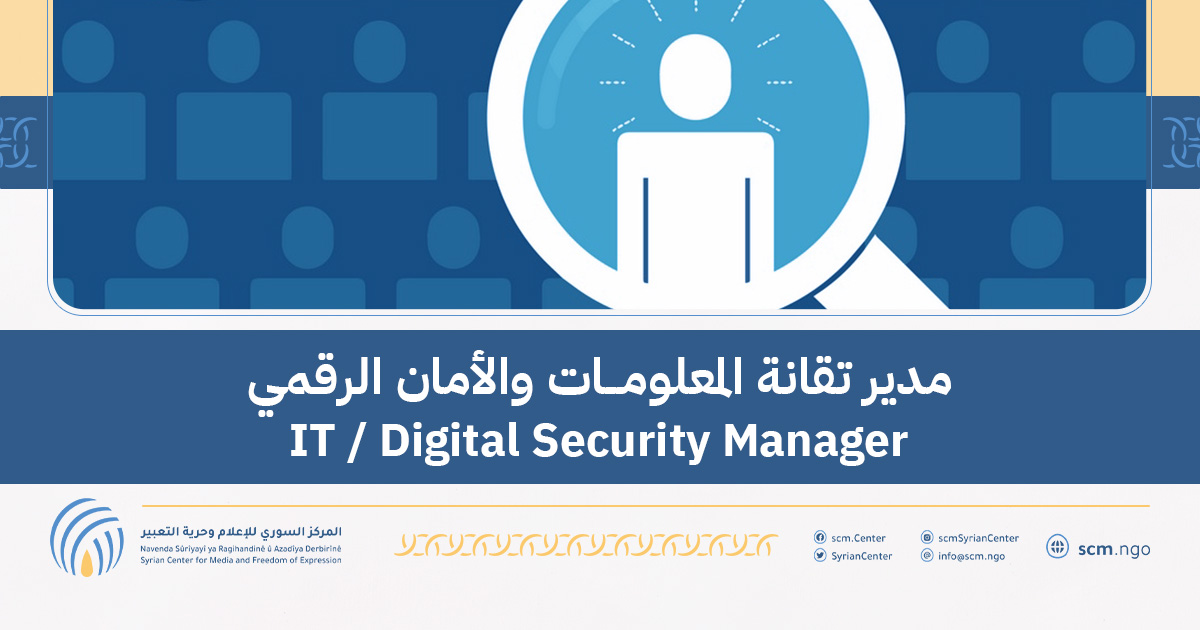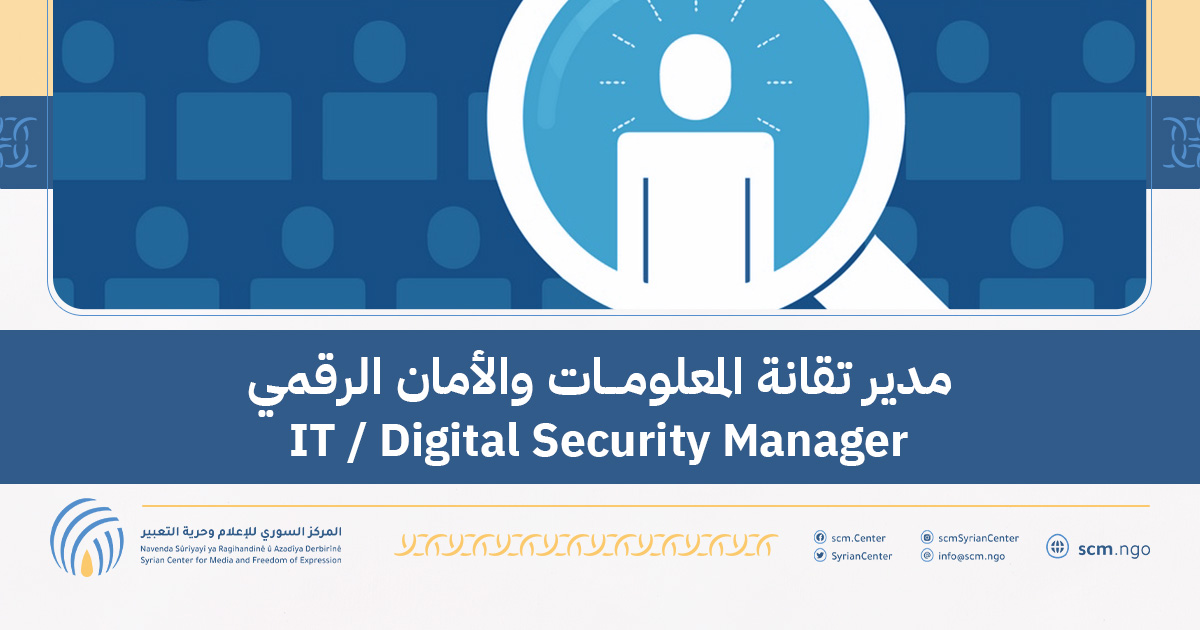We, a group of Syrian human rights, humanitarian and civil society organisations, associations and groups of victims and their families, and witnesses and survivors of chemical attacks in Syria,
Stemming from:
1. Having been directly exposed to deadly weapons that cause severe and long-term damage and suffering and dealing with their consequences on the ground and in international fora. We have responded, documented, advocated, litigated, and supported healing in possible cases;
2. Our belief that the continued impunity for chemical attacks undermines the absolute prohibition of chemical weapons and the deterrent effect of accountability. This increases the likelihood of future use, and destabilizes the international system and trust in the international organisations established to protect international peace and security.
And based on:
3. The prohibition of the use of chemical weapons under customary international law and international conventions;
4. The unprecedented and repeated violations of this universal norm in the Syrian conflict;
5. The accumulation of incontrovertible evidence collected by the Organization for the Prohibition of Chemical Weapons (OPCW) indicating the responsibility of the Syrian authorities for nine attacks and the Islamic State of Iraq and ash-Sham for two attacks;
6. The existence of the International, Impartial and Independent Mechanism established by the international community to collect and build on such evidence, in the absence of the jurisdiction of any international criminal court that can adjudicate the matter;
7. The inability of the International Criminal Court to rule on this flagrant violation of international law because Syria is not a signatory to the law establishing the Court, and the attempt made by the United Nations Security Council to refer the case to the ICC having been vetoed in 2014;
8. The ability of states within their sovereign rights to collectively hold to account perpetrators, and the existence of relevant international conventions that support and encourage this;
9. The rigor of international resolutions from the United Nations Security Council and the United Nations General Assembly in the context of holding all individuals, entities and governments accountable for the use of chemical weapons, especially United Nations Security Council resolutions 2118, 2209, 2235, 2314, 2319 and General Assembly resolutions 68/182 (2013), 70/41 (2015), 71/69 (2016), 72/43 (2017), 182/73 (2018), 40/74 (2019), 169/74 (2019), 228/76 (2021).
Having since the first use of chemical weapons in Syria, as groups collectively and individually, taken the following steps:
10. Advocated towards holding all individuals or parties accountable for the use of chemical weapons;
11. Despite the legal, administrative and psychological difficulties experienced by the victims of chemical attacks, put intensive efforts into domestic courts using the principle of universal jurisdiction or other local laws that support the fight against impunity for war crimes and crimes against humanity, in countries hosting Syrian refugees, including those who have survived chemical attacks, one of which led to the issuance of arrest warrants for Syrian President Bashar al-Assad, his brother Maher and two other senior officers before the French courts, which is a historical judicial precedent that deserves praise for the efforts and courage of victims and witnesses;
12. Initiated in-depth studies and discussions on what can be done to address the impunity gap at the international level, and advanced legal solutions that seek to overcome this situation;
13. Drafted a proposal for the establishment of an international tribunal, with the aim of realising criminal accountability for established cases of chemical weapons use, which are not able to be tried by the ICC – a circumstance which applies to the Syrian case;
14. Conducted intensive consultations at the level of legal experts, government representatives at technical and political levels, and with relevant international institutions on this proposal to ensure supportive legal and policy grounds.
Based on the above, we come together on 30 November, the International Day of Remembrance of all Victims of Chemical Warfare:
To call on states to establish an Exceptional Chemical Weapons Tribunal for internationally prosecuting the use of chemical weapons where there is no recourse to existing judicial criminal fora, as in Syria.
For details visit: www.cwtribunal.org




